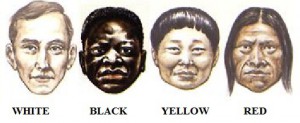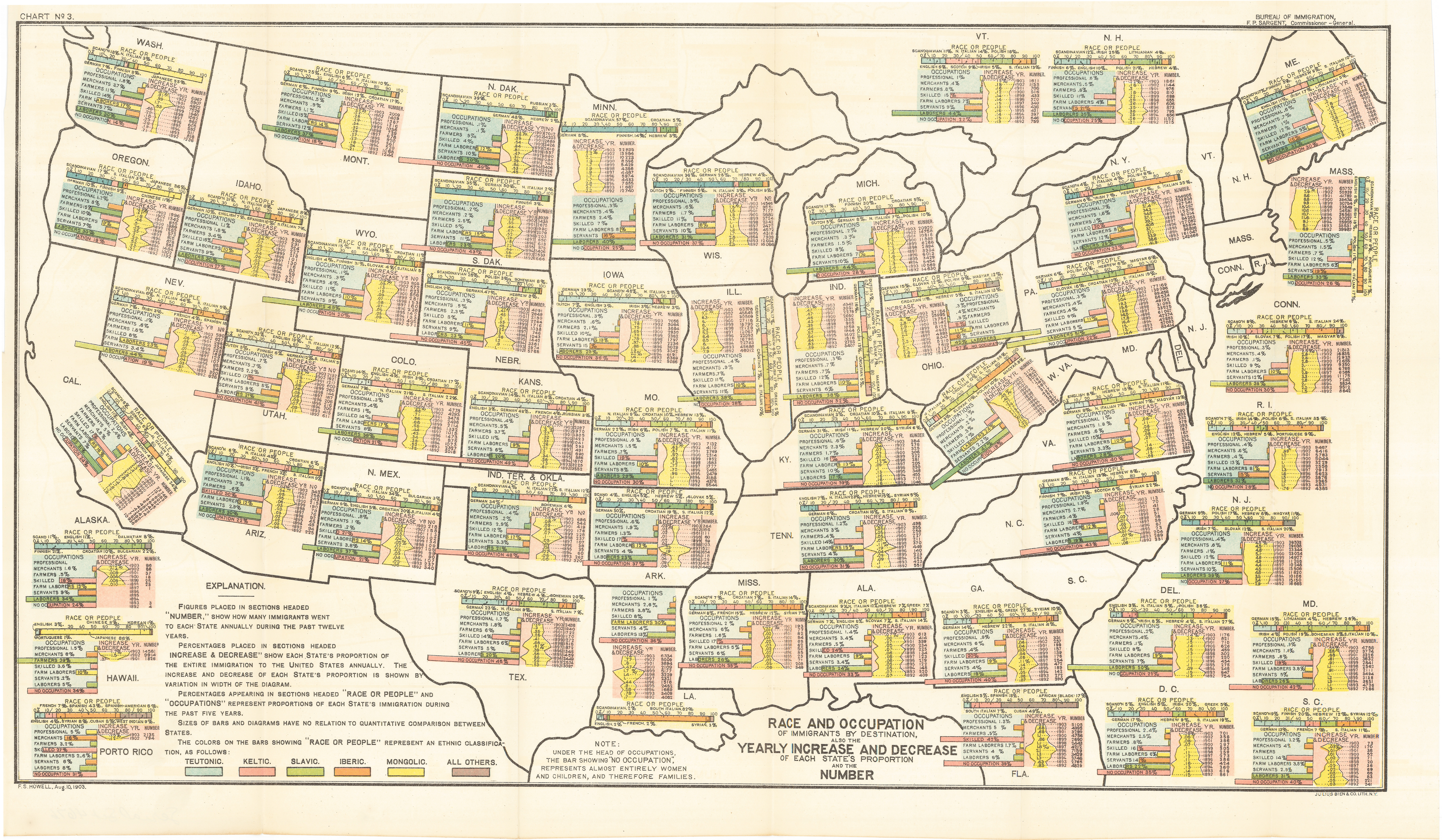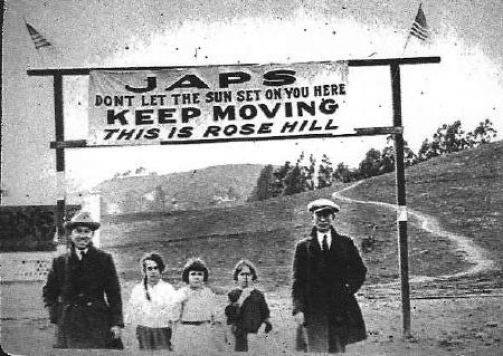Click here to read an ongoing series of interviews with philosophers on race by George Yancy, philosophy professor at Emory University.
Tag: Immigrants
The Storytellers of Empire

Pakistani novelist Kamila Shamsie asks American writers why, “Your soldiers will come to our lands, but your novelists won’t.”
I grew up in Pakistan in the 1980s, aware that thinking about my country’s history and politics meant thinking about America’s history and politics. This is not an unusual position. Many countries of the world from Asia to South America exist, or have existed, as American client states, have seen U.S.-backed coups, faced American missiles or sanctions, seen their government’s policies on various matters dictated in Washington. America may not be an empire in the nineteenth century way which involved direct colonization. But the neo-imperialism of America was evident to me by the time I was an adolescent and able to understand these things.
So in an America where fiction writers are so caught up in the Idea of America in a way that perhaps has no parallel with any other national fiction, where the term Great American Novel weighs heavily on writers, why is it that the fiction writers of my generation are so little concerned with the history of their own nation once that history exits the fifty states. It’s not because of a lack of dramatic potential in those stories of America in the World; that much is clear.
In part, I’m inclined to blame the trouble caused by that pernicious word “appropriation.” I first encountered it within a writing context within weeks, perhaps days, of arriving at Hamilton College in 1991. Right away, I knew there was something deeply damaging in the idea that writers couldn’t take on stories about the Other. As a South Asian who has encountered more than her fair share of awful stereotypes about South Asians in the British empire novels of the nineteenth and twentieth centuries, I’m certainly not about to disagree with the charge that writers who are implicated in certain power structures have been guilty of writing fiction which supports, justifies and props up those power structures. I understand the concerns of people who feel that for too long stories have been told about them rather than by them. But it should be clear that the response to this is for writers to write differently, to write better, to critique the power structures rather than propping them up, to move beyond stereotype—which you need to do for purely technical reasons, because the novel doesn’t much like stereotypes. They come across as bad writing.
The moment you say, a male American writer can’t write about a female Pakistani, you are saying, Don’t tell those stories. Worse, you’re saying, as an American male you can’t understand a Pakistani woman. She is enigmatic, inscrutable, unknowable. She’s other. Leave her and her nation to its Otherness. Write them out of your history.
—
This is an excerpt from an essay published in Guernica magazine.
Click here to read the full essay.
Questions:
What do you think of her response to the use of the word “appropriation”, and her recommendation for writers that may be accused of it?
Do you think it’s helpful or harmful if, say, a white American man wrote a story about a South Asian woman/an indigenous community/a black family? Is there anything inherently problematic about it?
Is it possible to capture the spirit of the subjects and properly relay the experiences of a group you don’t belong to?
Can you draw parallels between Brian Fay’s argument in “Do You Have to be One to Know One?” and Shamsie’s essay?
Race: A Conservative View

Please give this article a fair and charitable hearing: Click here.
COMIC: I’m Latino. I’m Hispanic. And they’re different, so I drew a comic to explain.
Click through for the rest!
MAP: 37 maps that explain how America is a nation of immigrants
[slideshow_deploy id=’228′]
“American politicians, and Americans themselves, love to call themselves “a nation of immigrants”: a place where everyone’s family has, at some point, chosen to come to seek freedom or a better life. America has managed to maintain that self-image through the forced migration of millions of African slaves, restrictive immigration laws based on fears of “inferior” races, and nativist movements that encouraged immigrants to assimilate or simply leave.
But while the reality of America’s immigrant heritage is more complicated than the myth, it’s still a fundamental truth of the country’s history. It’s impossible to understand the country today without knowing who’s been kept out, who’s been let in, and how they’ve been treated once they arrive.”
MAP: This insanely detailed map proves race is a social construct
Click here to see more.
A Couple Who See Race Clearly

“Christopher and Laura Castoro celebrated their 45th wedding anniversary on June 8. In 2000, he retired as the director of transportation for a chemical and technology company. She is an author (also writing under her maiden name, Laura Parker) who writes, among other things, romance novels, including “Love on the Line,” “Rose of the Mists,” “A Rose in Splendor” and “The Secret Rose.” The couple lives in Fort Worth. They have three adult children and nine grandchildren. A condensed and edited version of our conversation follows…”

/cdn0.vox-cdn.com/uploads/chorus_asset/file/3979404/6.0.jpg)



